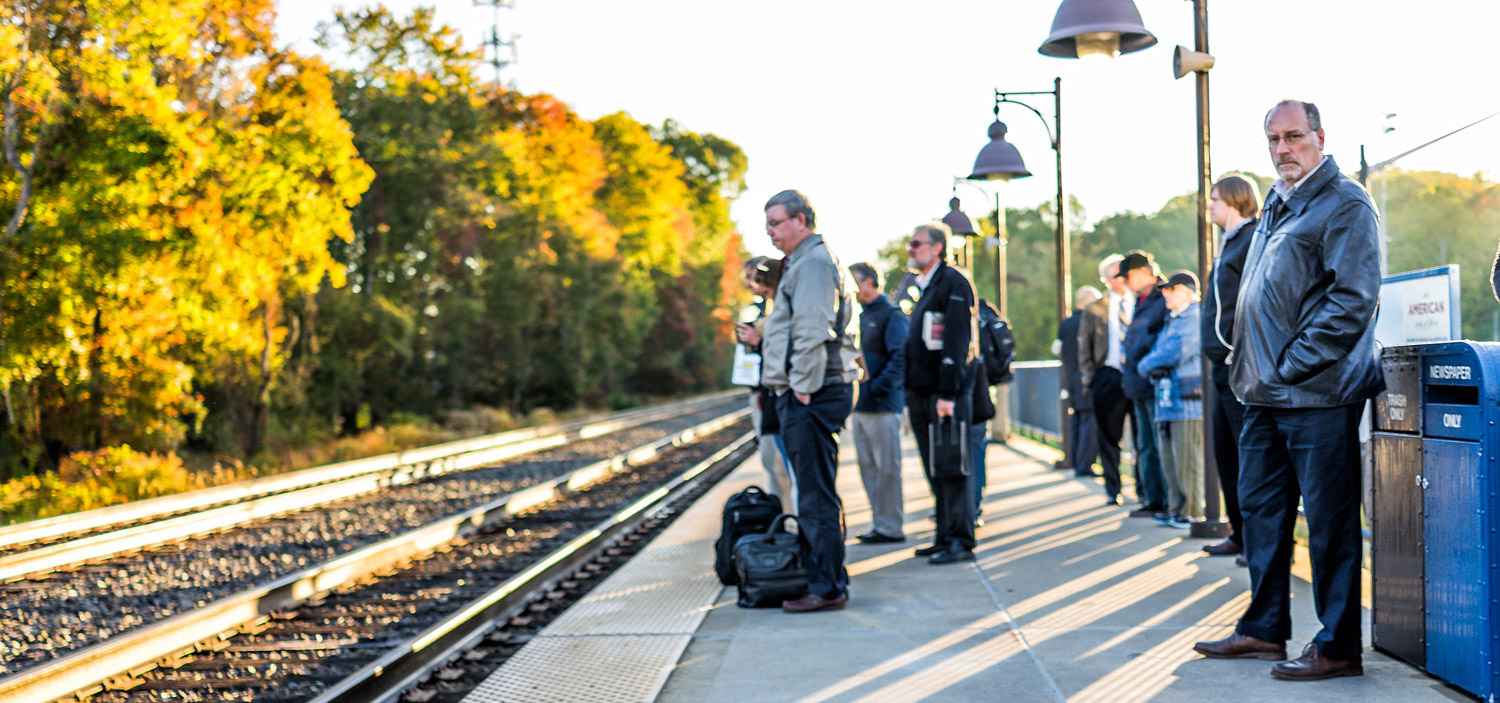INVESTing in more equitable transportation

American transportation is rife with inequality that makes it more difficult for low-income people, people of color, and people with disabilities to get where they need to go, and can put them at greater risk. Today’s inequalities reflect the racism and ableism of the era in which much of today’s network was built, but they also still pervade federal transportation policy. The INVEST Act—a transportation policy proposal in the U.S. House—offers a major first step towards a more equitable transportation system by breaking with many policies of the past.







 Of the $2.3 billion that Congress has given USDOT for transit capital investments since Trump took office, USDOT has distributed a meager 20 percent to transit projects waiting for funding. These avoidable delays are costing local communities money and putting jobs at risk.
Of the $2.3 billion that Congress has given USDOT for transit capital investments since Trump took office, USDOT has distributed a meager 20 percent to transit projects waiting for funding. These avoidable delays are costing local communities money and putting jobs at risk.